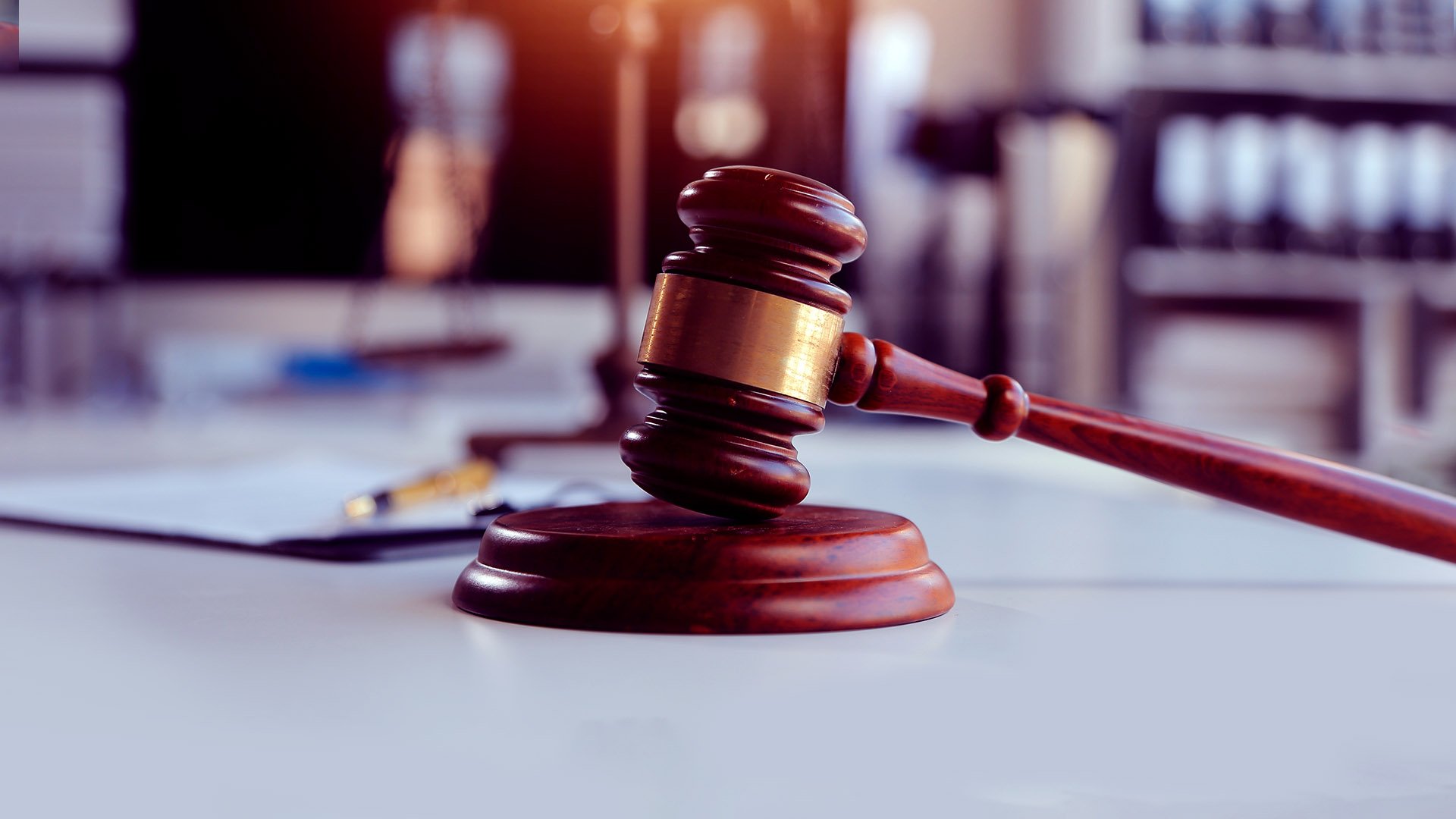This is how we know the federal government can unlock an iPhone X.
The nugget came from an affidavit in an arms smuggling case.
iPhone X unlock started with discovery of guns
It all started in the fall of 2017 when U.S. Customs agents opened a crate and discovered a car engine with strange looking and ill-fitting bolts.
So they opened the engine itself and found something unexpected: a cache of guns that were being illegally exported from the United States to Lebanon.
That led them back to a man in Michigan, who allegedly shipped the weapons.
Federal agents say they arrested him as he was attempting to escape, and one of the things they confiscated was his iPhone X. This was on November 20, 2017.
iPhone X unlocked by DHS in 2 weeks
Fourteen days later, the Department of Homeland Security said, "A forensic extraction was completed on the device" by a Homeland Security specialist who had received specialized "cellular telephone extraction" training by Cellebrite, "a forensic tool for mobile phones."
In plain English: federal investigators unlocked an iPhone X.
Here is the section of the court documents that spell it out:
Cellebrite known for getting past security
So who is Cellebrite?
It's a company known for helping investigators, government, and business get past security features to get what they want. Here is the tagline from the company's website:
And now Forbes has a great write-up on the company and how it is reportedly advertising that it can break into all devices running iOS11, which is the very latest version of iOS.
We aren't sure about that, but we definitely know the Department of Homeland Security has the tools needed to bypass that shiny new iPhone X.
But what, exactly, makes bypassing a phone's security features possible? Bruce Schneier gave his two cents on his security blog:
"The story I hear is that Cellebrite hires ex-Apple engineers and moves them to countries where Apple can't prosecute them under the DMCA or its equivalents. There's also a credible rumor that Cellebrite's mechanisms only defeat the mechanism that limits the number of password attempts. It does not allow engineers to move the encrypted data off the phone and run an offline password cracker. If this is true, then strong passwords are still secure."
And about the fact we even found out about this unlock scenario.
You have to wonder: did the government put this detail into court documents because it had to? Or because it wanted to send a message to an industry or to criminals?
We may never know the motive in this case.






